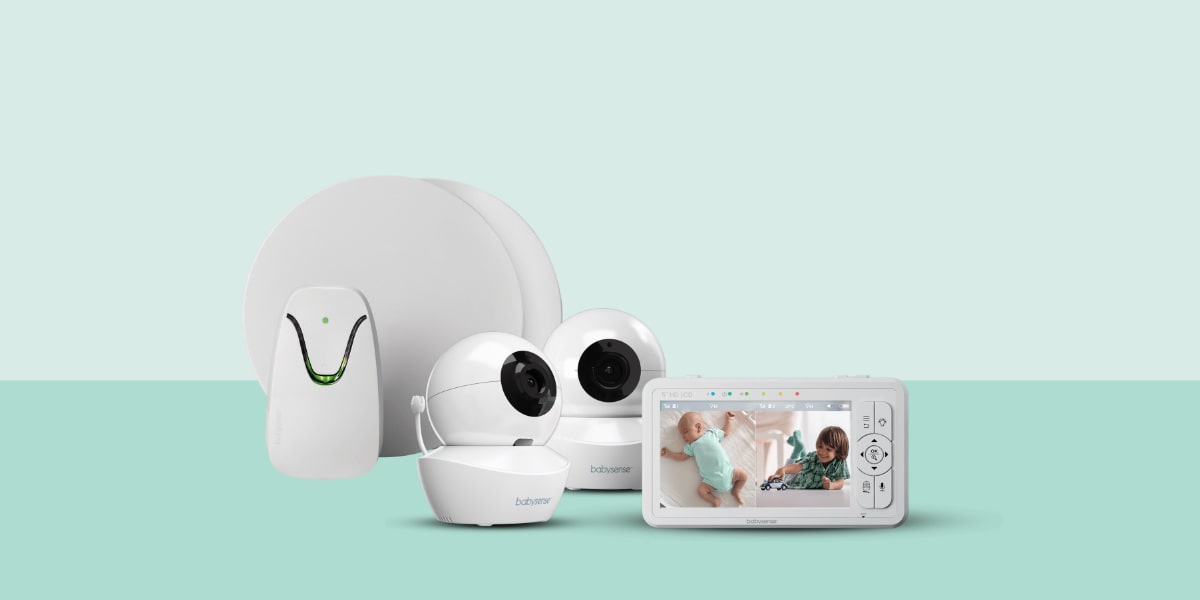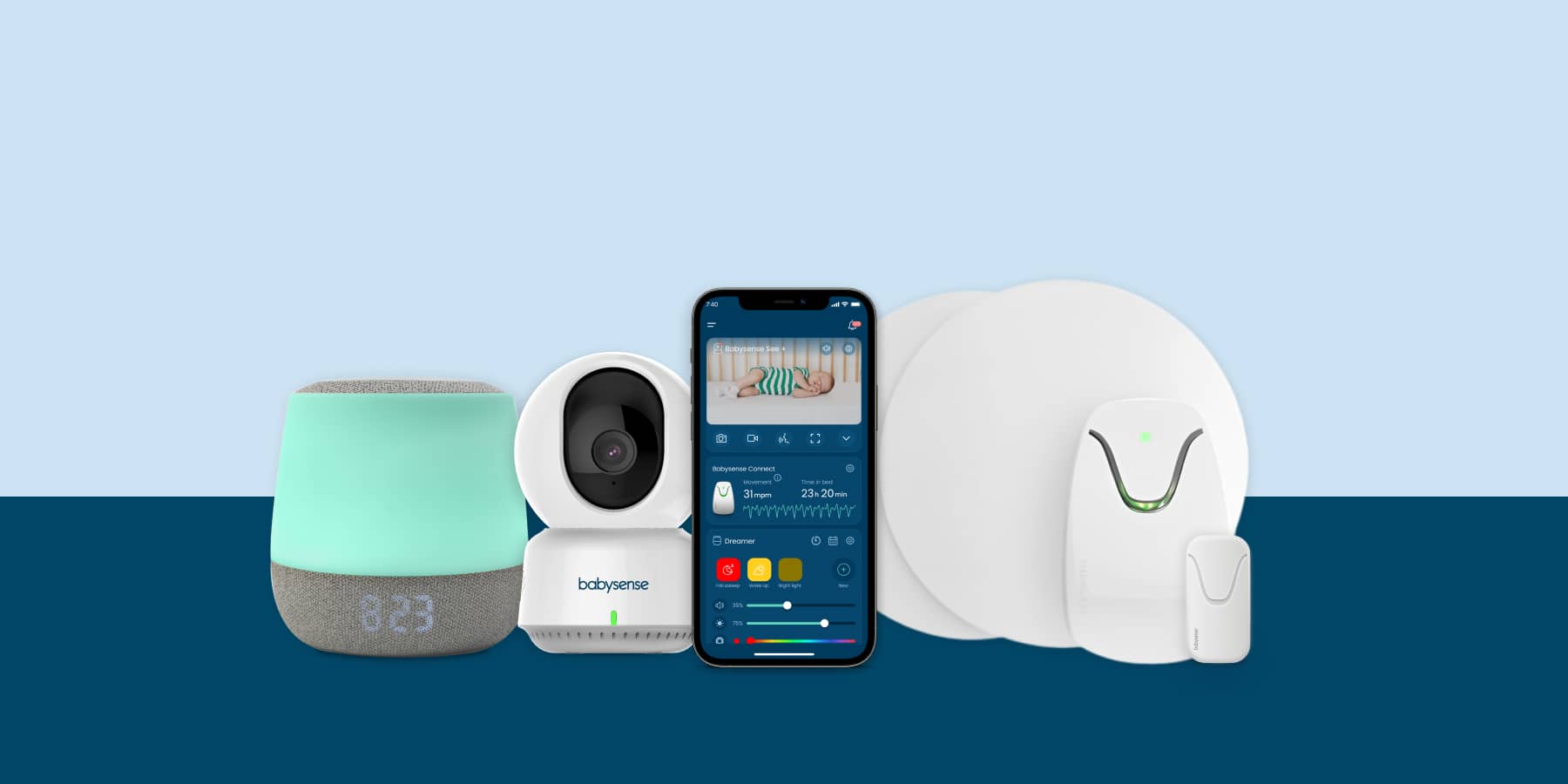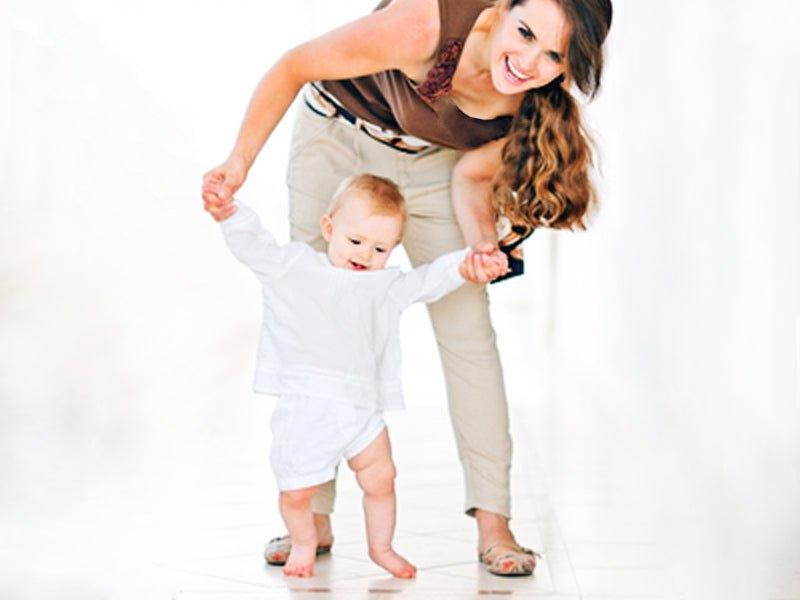It is empowering for parents to have an idea of what play activities they can incorporate into their daily routines to interact with their baby. Activities that stimulate their vision, hearing, touch and movement, all help them make sense of their world and move towards it. It is important to spend time watching what your baby is doing and what he/she takes an interest in, and then repeating it, providing more of the same.
It is in our daily interactions with a loving, consistent caregiver that baby receives the most valuable input. Nurturing daily routines of feeding, bathing, dressing and nappy changing, provide wonderful opportunities for playful interaction. Finding time to be with your babies, to watch them, and to have fun together, is the key to stimulating their development. Remember, YOU are your baby’s first and most important play-mate and play-object.
Baby clinics, family or friend groups, and mother-baby workshops are also very beneficial in our learning as parents. Groups give support and sharing as well as help parents understand their babies’ behaviours, stages of development and what activities are best for stimulating sensory and motor development.
Here is a guideline of your baby’s development in the first year of life. Having an idea of what your baby is beginning to learn at each stage, gives you an idea of what you can do to encourage their newly emerging skills.
- At this stage, there is an increased sense of confidence and purposefulness and babies can become quite expressive. This is an important step in their ability to communicate their intent and develop their sense of self.
- Parents need to provide their babies with the opportunity for discovery. This is the best way of teaching. Active learning is the key at this time, and babies need to be given the lead in play and exploration.
- During this stage, babies manage a stable sitting position, which frees arms and hands to reach more accurately and manipulate objects. They are discovering the effect they have on ‘things’. They learn to shake, bang, pull, twist, turn and poke at objects. Two hands start working together as they bang objects together and start passing objects from hand to hand. Finger movements are starting to develop as they begin to use a thumb and index (pincer) grip to pick up small things.
- Motor control develops as babies learn to roll, and at the end of this stage perhaps even crawl and pull up on furniture, this means new sensory experiences and different perspectives on their world. It also leads to greater independence.
- Cognitive abilities develop rapidly and babies show an increased interest in objects. Object Permanence begins, which helps babies understand that objects continue to exist even when they cannot be observed. This helps them accept their parents being out of sight for a while.
- Language means more to them, as words start to take on meaning. Their receptive speech develops first and they may respond to simple commands such as ‘Come here’, or ‘Where is Dad?’ and distinguish tone of voice. Babies babble with repetitive sounds such as ‘gaga, baba, dada’. They become expressive and can shout for attention.
- Babies are becoming more purposeful in their communication. They develop a unique one to one relationship where a give and take relationship develops. Parents should follow their babies interests and reinforce the importance of what they are doing. This helps build self-esteem and confidence.
- Babies begin to enjoy social interactions, which is important for their confidence and well-being. Babies of the same age tend to regard one another with interest, exploring each other by poking, pulling or pushing. They are very interested in the responses they get, learning the concept of ‘cause and effect’.
- Personalities are developing and babies are becoming social human beings. Outings increase a sense of belonging and help babies learn to react to new situations and people.








